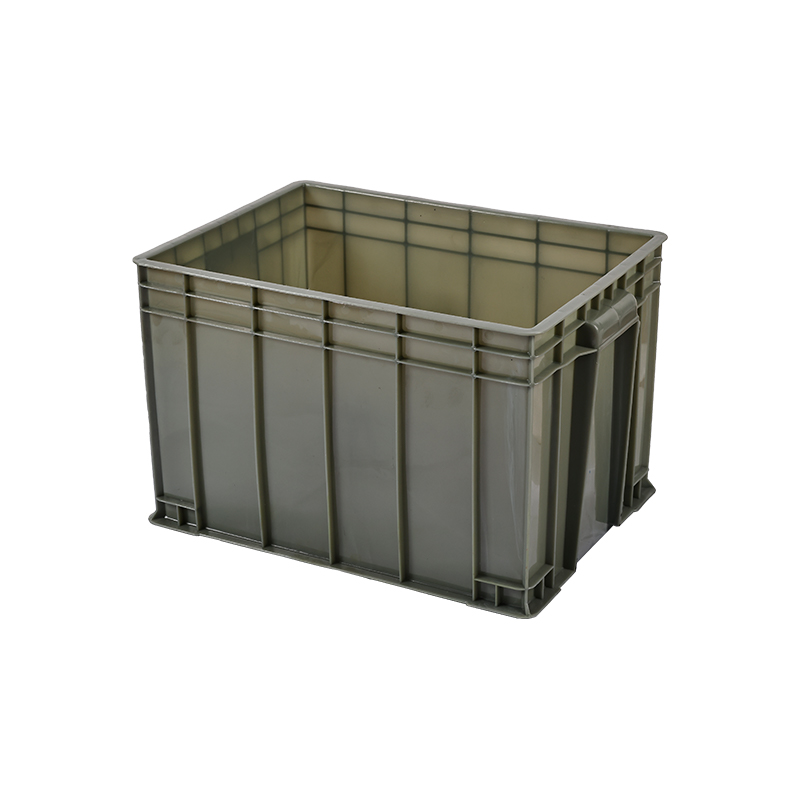
Fold Crate Mold: Unfolding the Versatility and Convenience of Collapsible Storage Solutions
Foldable crates have revolutionized the world of storage and transportation, offering a versatile and space-saving solution for a wide range of applications. Behind the design and production of these ingenious collapsible containers lies the art of the fold crate mold. This specialized mold enables manufacturers to create foldable crates that combine convenience, durability, and efficiency.
Foldable crates are designed to optimize space usage. When not in use, these crates can be easily collapsed and stored flat, minimizing the storage space required. This space-saving feature is particularly valuable in crowded environments, such as warehouses, shipping facilities, and homes with limited storage capacity.
The journey of creating foldable crates begins with the design of the fold crate mold. Expert engineers and designers meticulously craft the mold to ensure that it captures every detail of the crate's folding mechanism and dimensions. The design must strike the perfect balance between ease of folding and unfolding while maintaining the structural integrity of the crate.
Fold crate molds require precision engineering to create sturdy and durable crates. The molds must be constructed to withstand the pressure and forces involved in the folding and unfolding process. The choice of materials for the mold plays a vital role in ensuring the long-lasting performance of the foldable crates.
Injection molding is the core process used in fold crate mold manufacturing. Molten plastic is injected into the mold, where it takes the form of the crate's design. The molding process must be carefully calibrated to create hinges and fold lines that allow the crate to collapse and expand seamlessly.
Foldable crates are typically made from high-quality plastic materials, such as polypropylene or polyethylene. These materials offer the ideal balance of flexibility and strength, ensuring that the crates can be folded and unfolded repeatedly without compromising their integrity.
Foldable crates find applications across various industries and settings. From retail and logistics to agriculture and home organization, these crates are versatile and adaptable. They are used to store and transport a wide range of goods, from fresh produce and electronics to household items and industrial components.
Foldable crates have revolutionized transportation and logistics by reducing the need for excessive empty space during return trips. When not in use, these crates can be stacked flat, optimizing truck and storage space, thus reducing shipping costs and environmental impact.
The use of foldable crates aligns with environmental sustainability goals. Their collapsible nature translates to fewer resources used in transportation and storage. Additionally, many foldable crates are made from recyclable materials, contributing to waste reduction and eco-friendly practices.
Foldable crates are designed for easy handling and assembly. They often come with ergonomic handles, making them comfortable to carry even when fully loaded. The folding and unfolding mechanisms are straightforward, allowing users to set up and collapse the crates effortlessly.
Fold crate molds allow manufacturers to customize crate designs according to specific needs. Variations in size, color, and additional features, such as stackability and ventilation, can be easily incorporated to suit diverse requirements.
The fold crate mold has ushered in a new era of convenience and efficiency in storage and logistics. From warehouses to homes, foldable crates have become a symbol of practicality and adaptability, simplifying storage and organization. As we continue to embrace innovative solutions in the pursuit of sustainability and versatility, the fold crate mold remains an essential tool that enables us to unfold the convenience of collapsible storage solutions.

 English
English  русский
русский Español
Español






